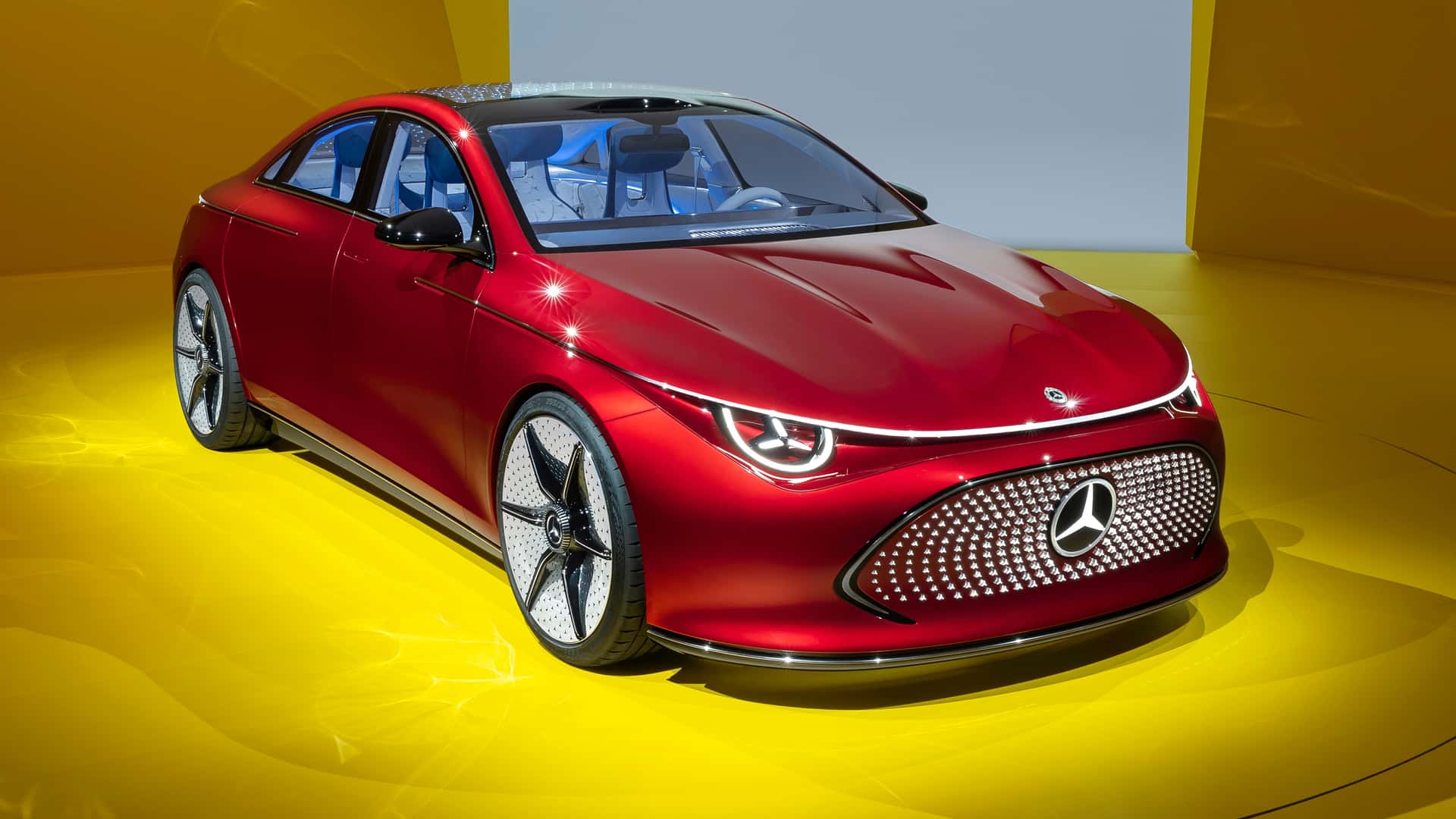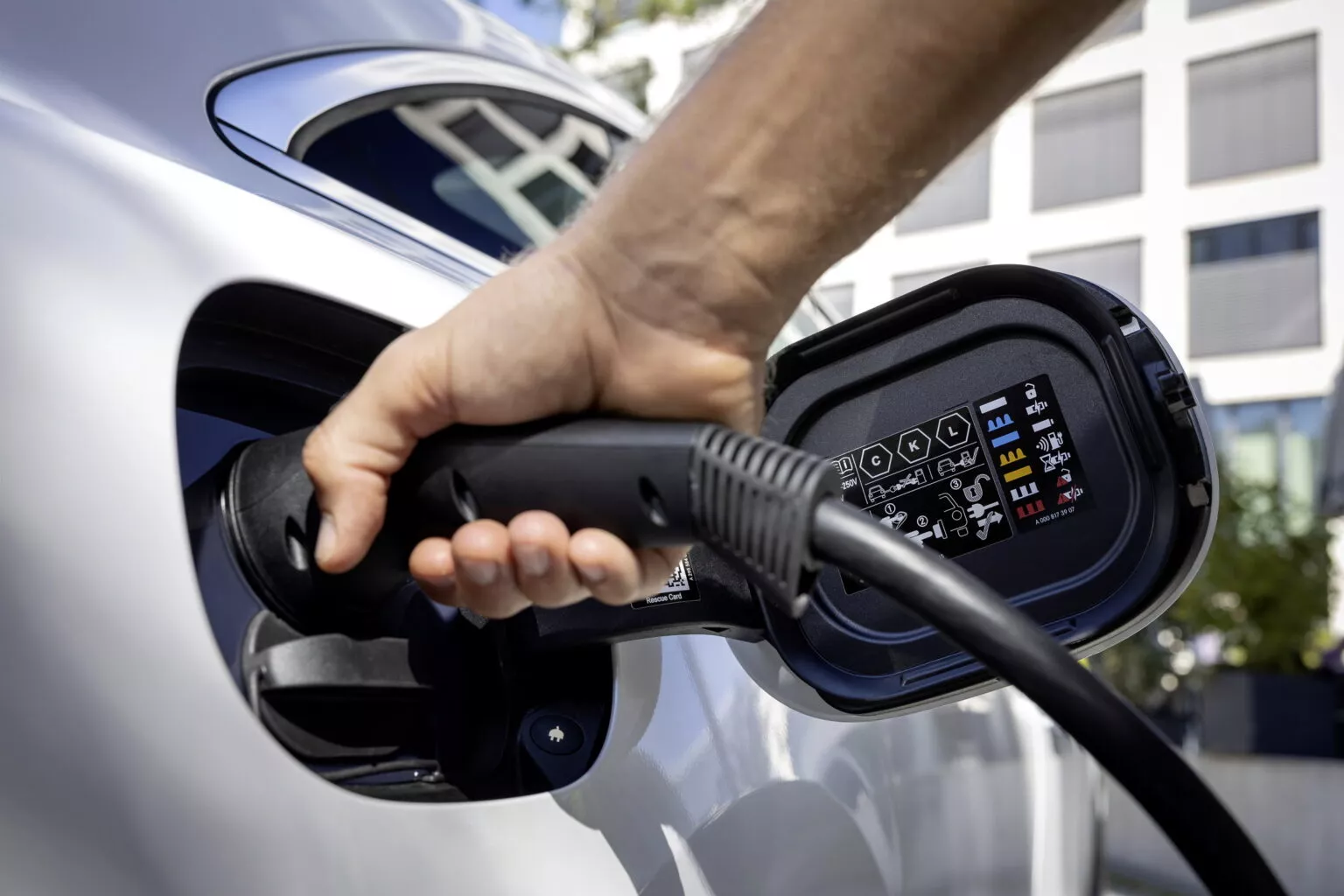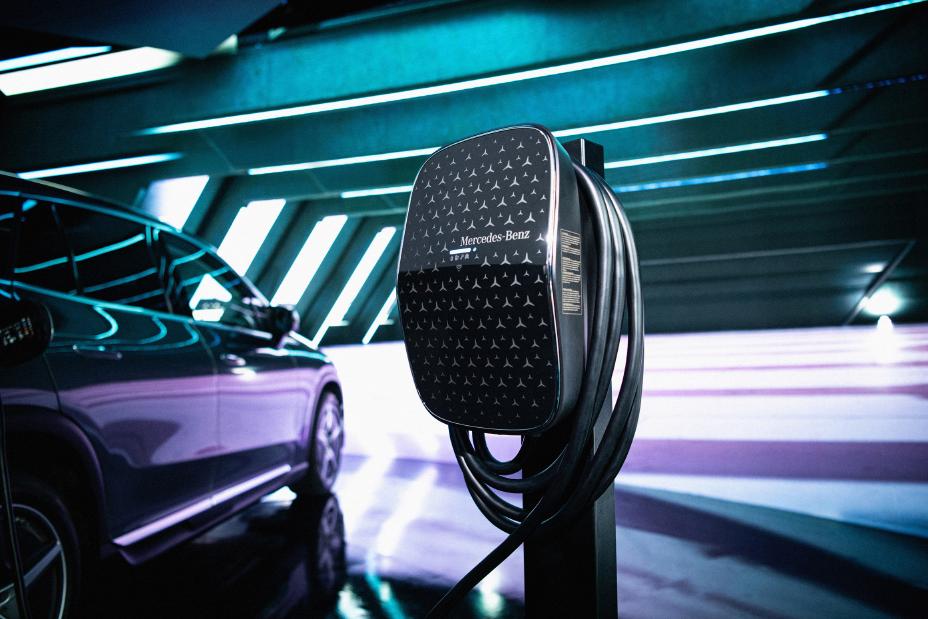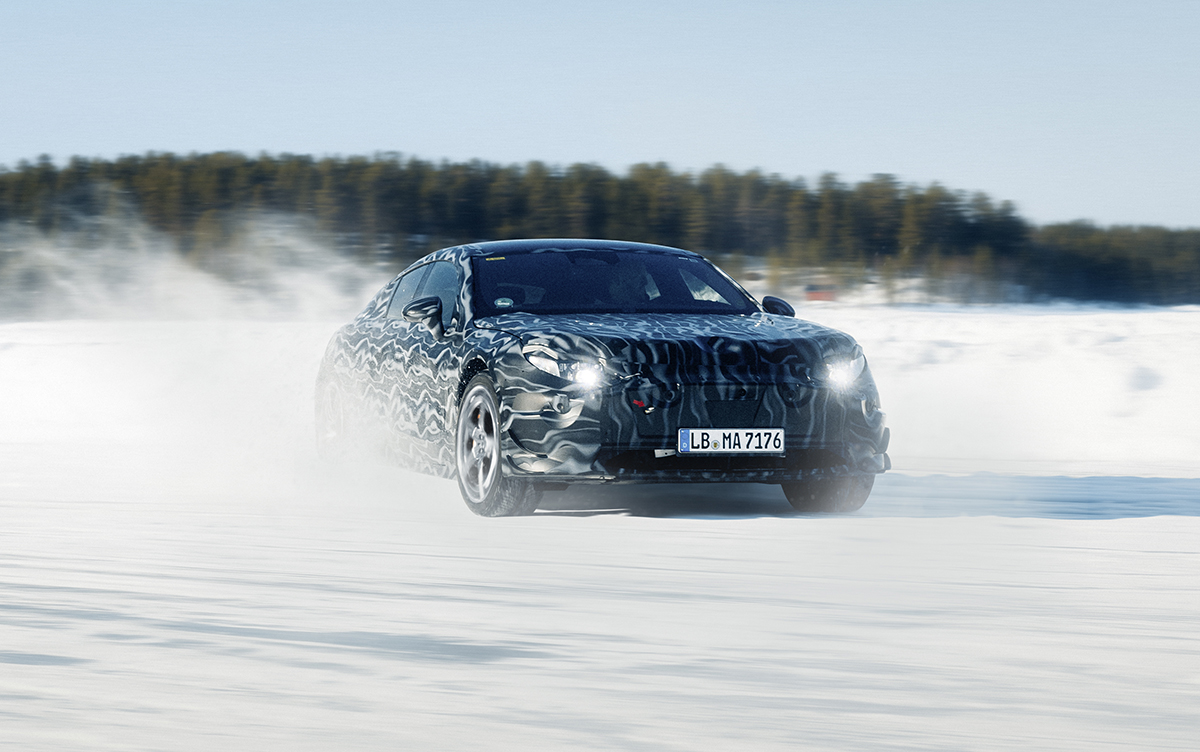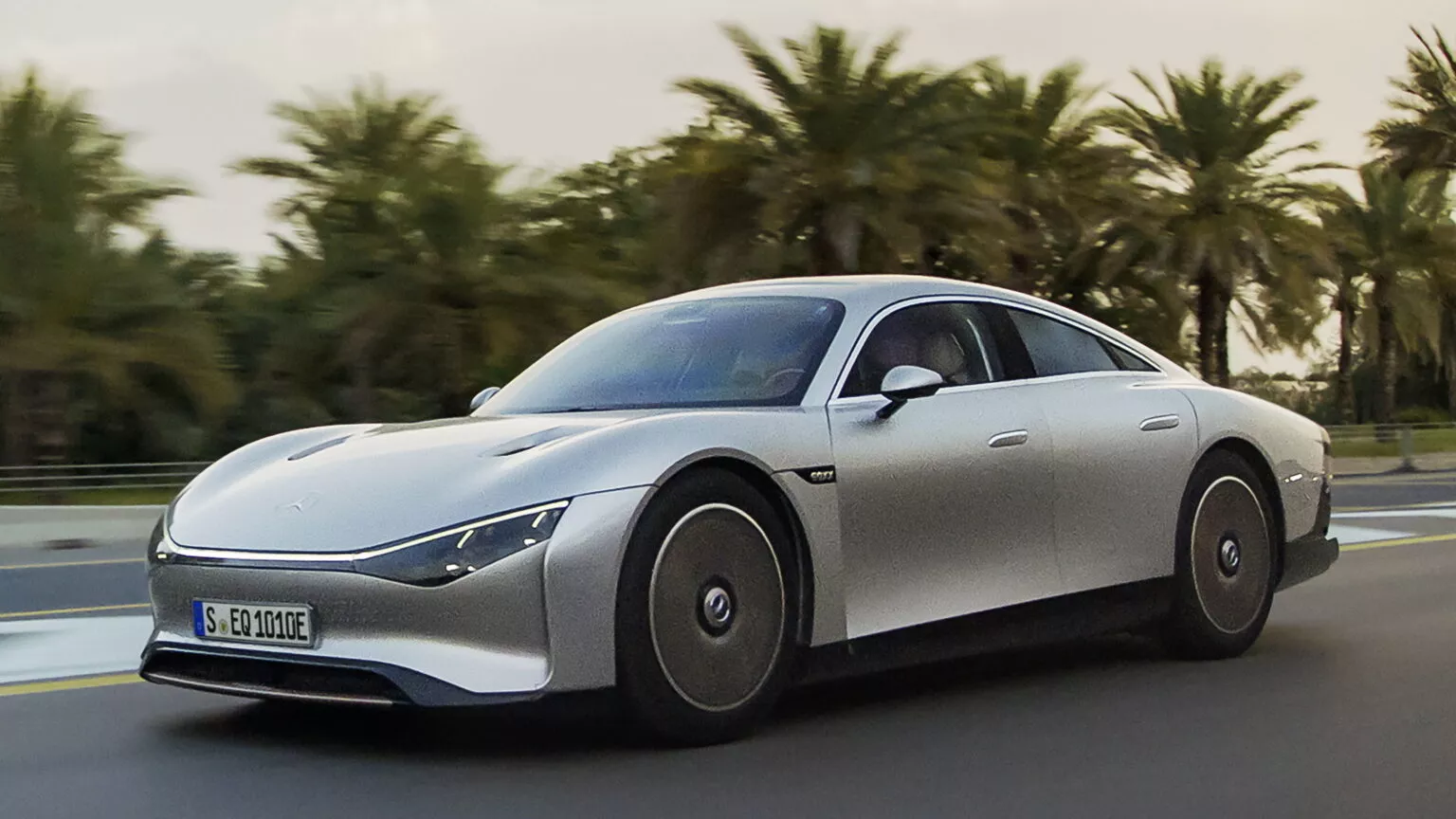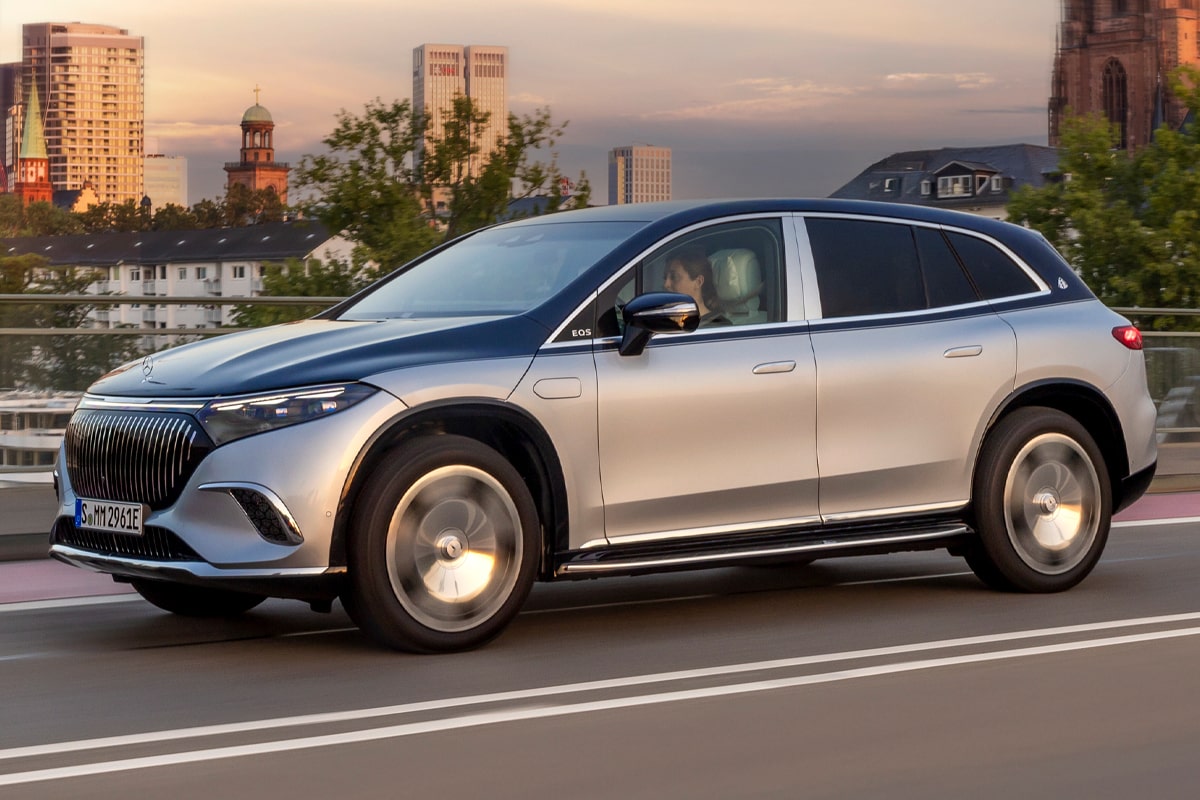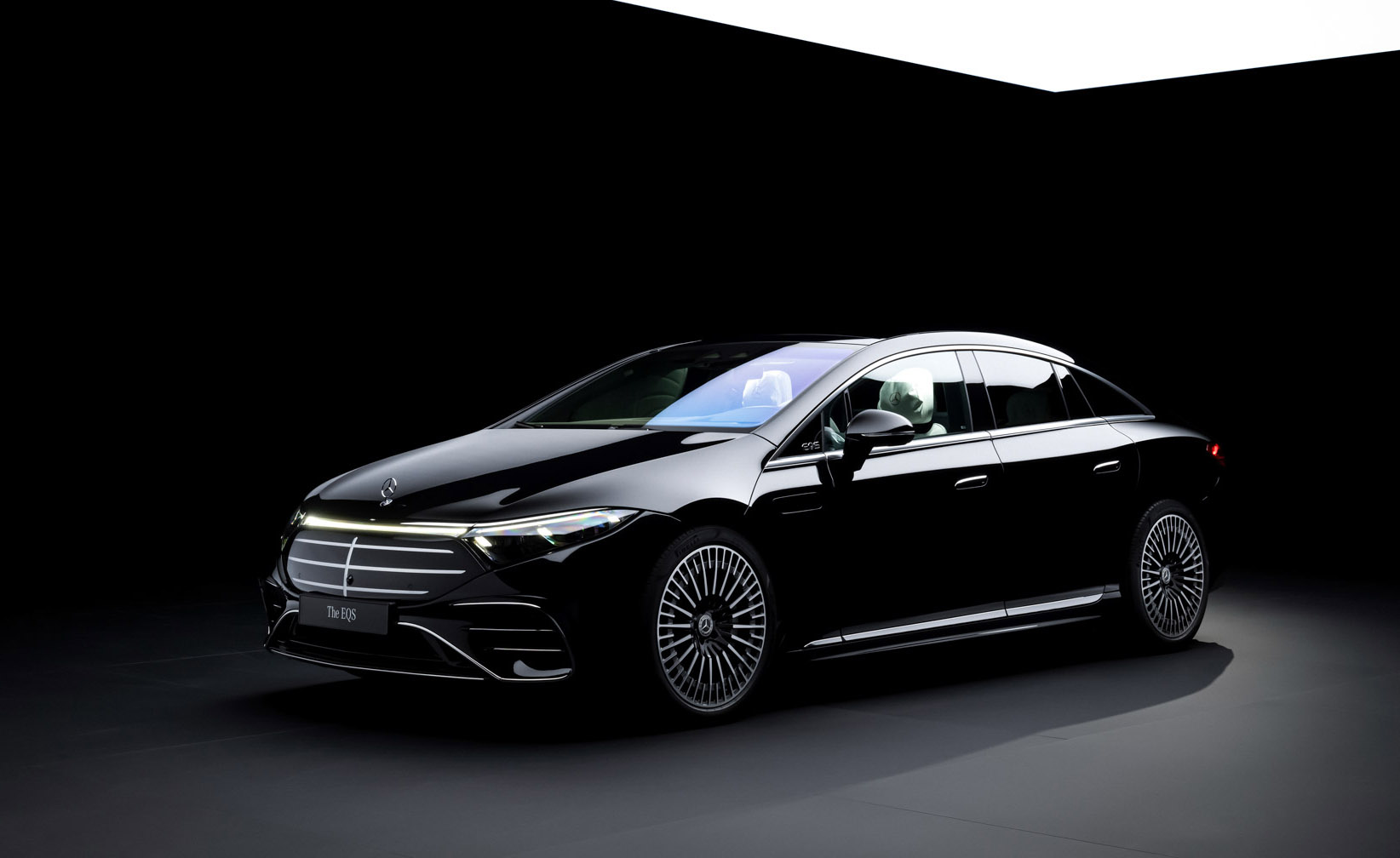Mercedes-Benz finds itself significantly behind its electric vehicle (EV) sales target, leading to a significant strategic shift. The company has now scrapped its original goal of achieving a 20% or higher share of battery-electric cars by 2030, as these vehicles accounted for only 12% of total sales last year.
Initially, when Mercedes-Benz Passenger Cars released its sales figures for the previous year in mid-January, the company reported an EV share of eleven percent, equating to 222,600 EVs delivered in 2023. This figure has since been slightly revised upwards to 240,668 BEVs. Despite a seemingly positive 73% growth, the actual outcome fell short internally: The Group failed to meet its electric sales target by at least 168,000 vehicles, according to German Handelsblatt.
See also: Mercedes-Benz Shifts Focus to Cheaper Gas Cars, Scaling Back EV Prioritization in U.S.
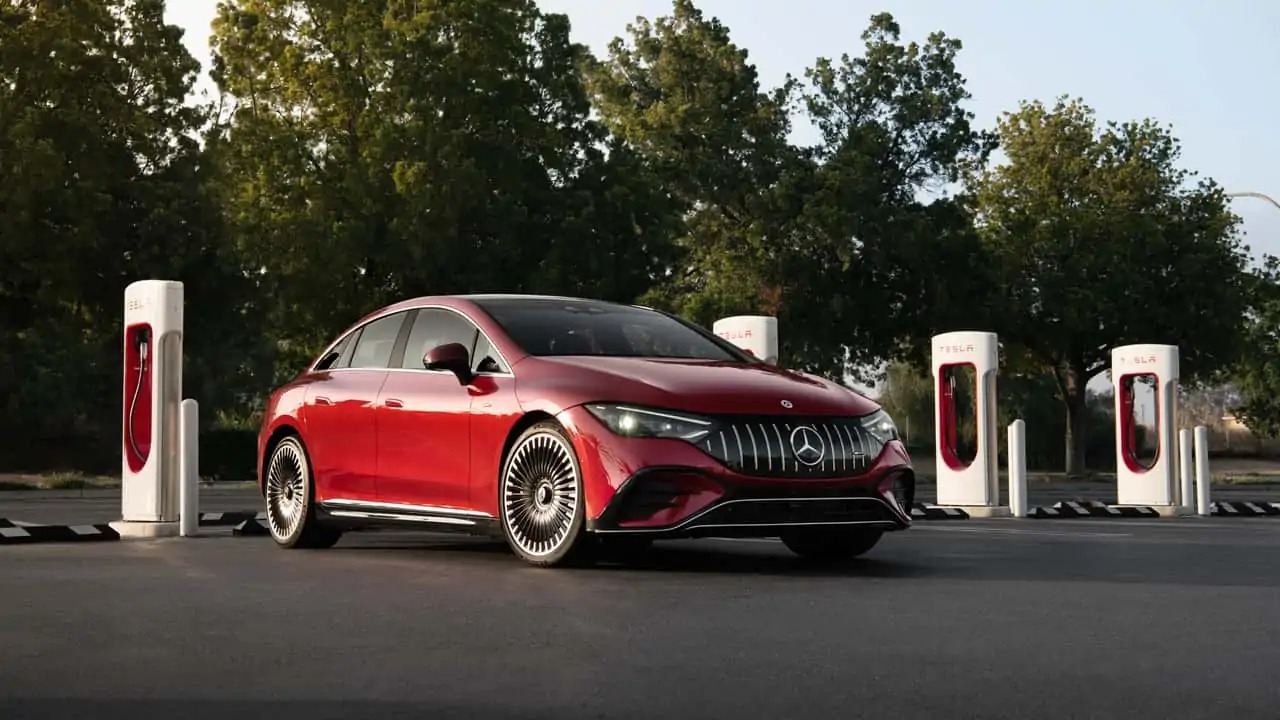
In response, Mercedes CEO Ola Källenius has abandoned his own electric target for 2030. As recently as 2021, Källenius had announced the ambitious goal of selling only purely electric new cars from 2030 onward, aiming to transform Mercedes into an electric brand wherever “market conditions allow.” However, the latest financial results announcement presents a starkly different outlook: “The company expects xEV sales to reach up to 50% of overall sales in the second half of the decade.” Effectively, Källenius has shelved the “electric only” target.
Mercedes now refers to BEVs and PHEVs collectively as “xEVs.” This shift means that instead of a near 100% BEV share in 2030, the manufacturer now anticipates that the combined share of BEVs and PHEVs will not exceed half of all sales by the end of the decade, with no explicit mention of a BEV share.
See also: Stellantis and Mercedes-Benz Secure €4.4 Billion for EV Gigafactories
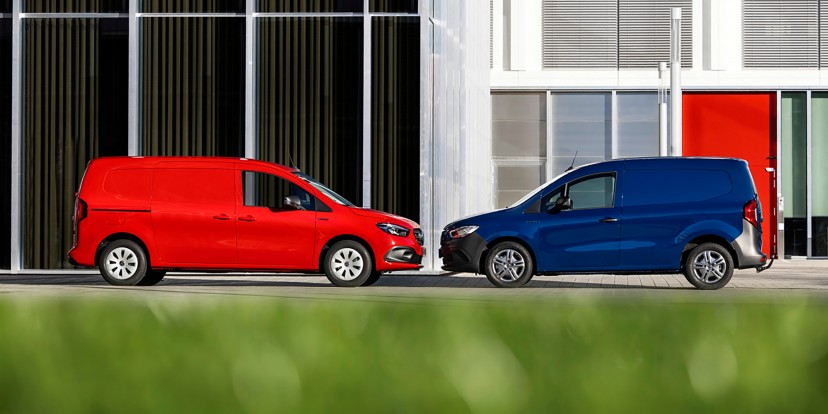
The company’s new direction includes plans to cater to diverse customer needs, offering both all-electric drivetrains and electrified combustion engines until well into the 2030s. This strategy aligns with competitor BMW, which has not set a definitive timeline for phasing out combustion engines and aims to meet customer preferences with various technologies. While BMW has limited fuel cell plans, Mercedes does not mention FCEVs. However, the company remains cautious regarding the end of the combustion engine, using the phrase “until well into the 2030s.” It remains unclear if Mercedes will uphold its 2021 announcement of only introducing all-electric platforms from 2025, potentially leaving combustion-powered Mercedes models based on aging platforms in the 2030s.
In addition to the EV sales shortfall, Mercedes faced supply chain challenges in 2023, with supplier Bosch struggling to resolve production issues for 48-volt batteries for mild hybrids. This led to the failure to build around 100,000 units of the new GLC and EV as planned. Despite these setbacks, Mercedes-Benz reported a slight increase in sales to 153.2 billion euros, but the operating result (EBIT) fell by around four percent to 19.7 billion euros. The margin for passenger cars dropped to 12.6 percent (from 14.6 percent in 2022), while the margin for vans rose from 11 to 15.5 percent. Expenditure on research and development, particularly for future platforms and technologies like MB.OS, increased during the year.
See also: Mercedes-Benz Shifts Towards Egg-Shaped Designs for Electric Vehicles
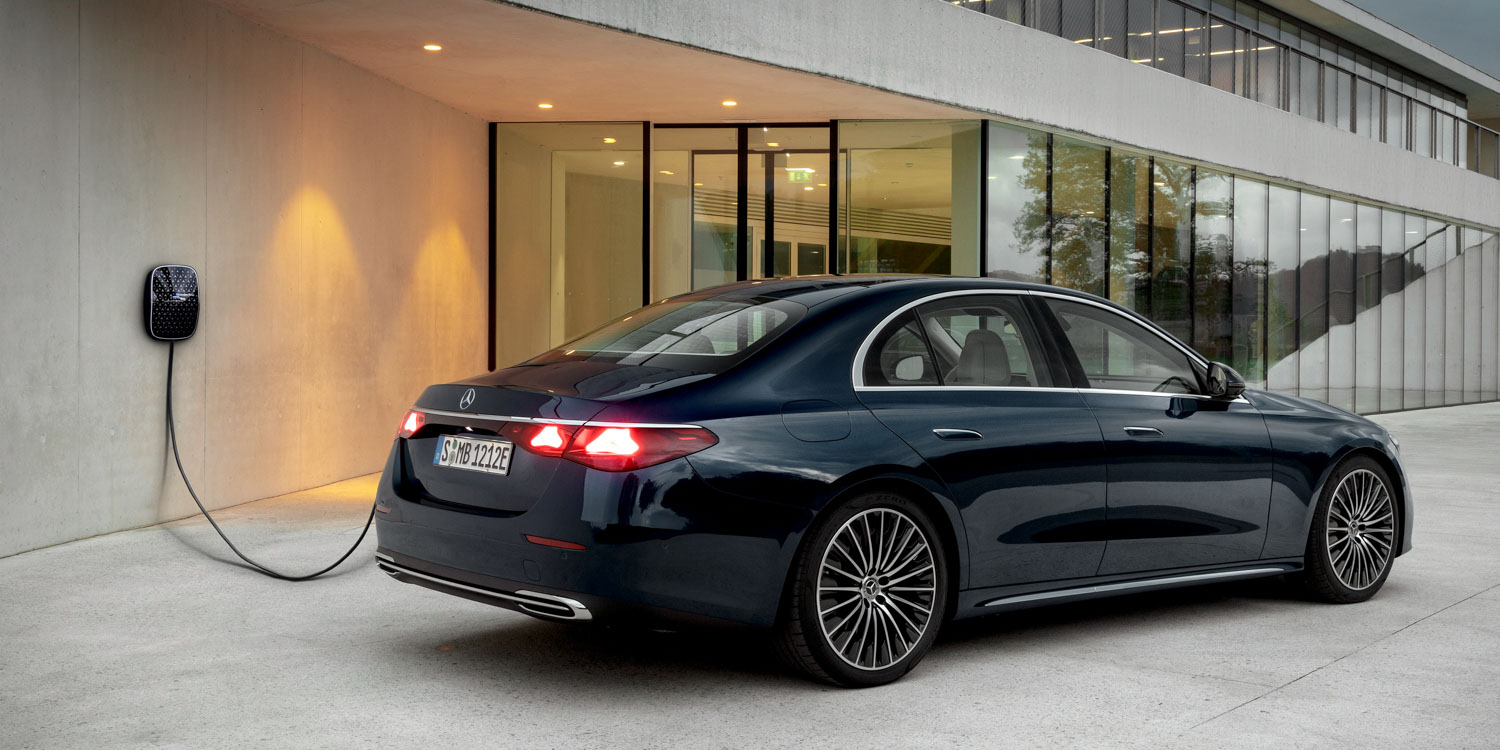
Looking ahead, Mercedes aims to achieve its revised electric target of 20% in the current year, instead of the original goal for 2023. The press release states, “The xEV share is expected to remain at approximately 19% – 21% of new car sales.” This means that instead of 20% BEVs, plug-in hybrids are included in the Stuttgart-based company’s plans.
The xEV share will serve as a crucial forecasting indicator for Mercedes, replacing the current CO₂ emissions key performance indicator for the new car fleet in Europe and reflecting the global activities of the Mercedes-Benz Group.
While the boardroom has adopted a more cautious approach, the company remains committed to its electric future. Mercedes is set to launch the all-new electric CLA next year, with upcoming models focused on improving efficiency and charging time. The company also aims to reduce battery costs per kilowatt hour by more than 30% in the coming years through optimized cell and module design, improved vehicle integration, development of new cell chemistries (e.g., NMC, next-generation LFP), cell updates during the lifecycle, and continuous improvement agreements with suppliers.
See also: Mercedes-Benz Expands Fast-Charging Network in China and Globally
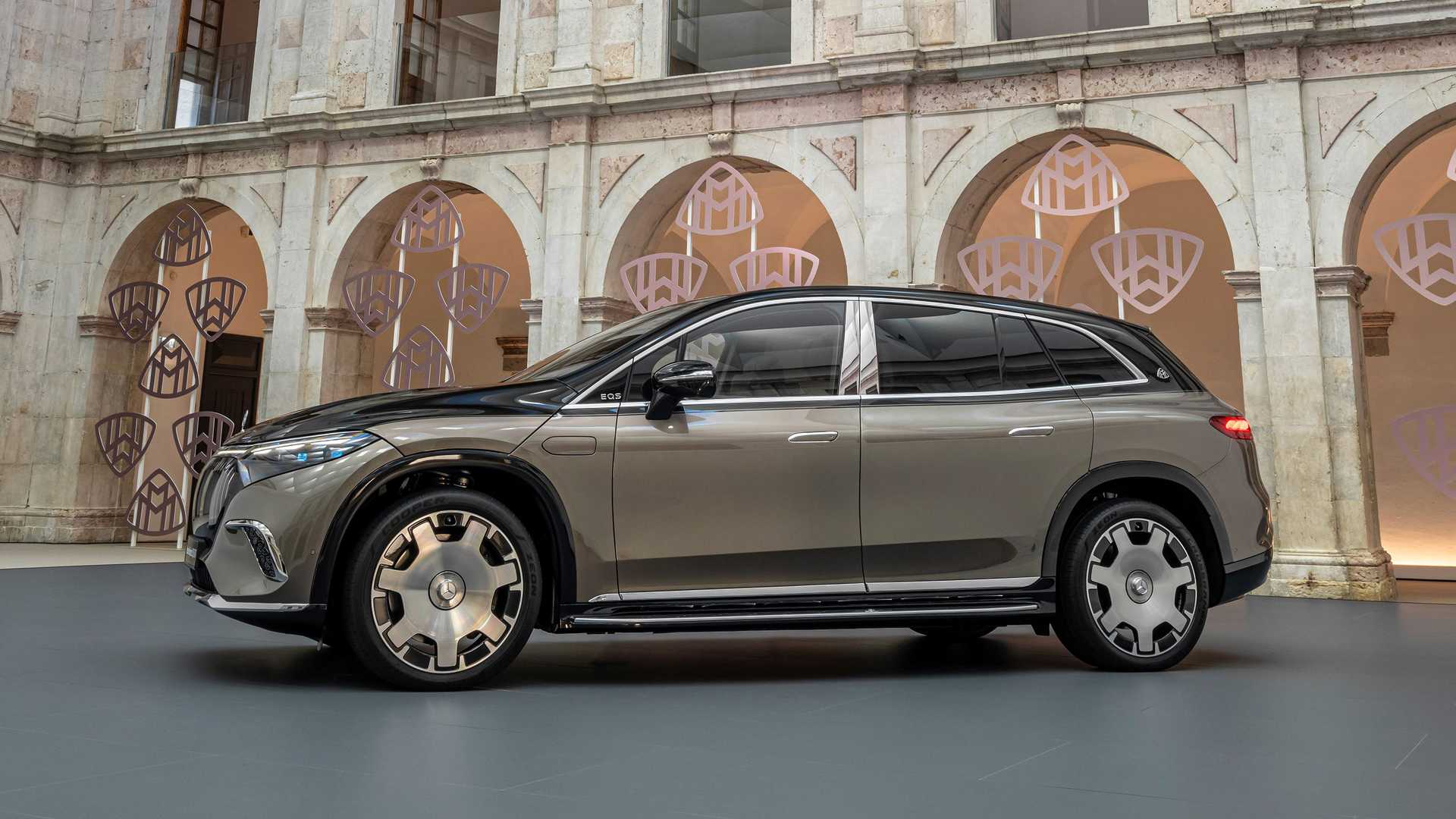
Despite the strategic shift, CEO Källenius expressed confidence in the company’s direction, stating, “Mercedes-Benz continued its transformation in 2023, developing new cutting-edge electric and digital innovations, while scaling electric vehicles and delivering solid financial results. In other words, the team once again came through to execute our strategy in challenging times, delivering the eSprinter and the new E-Class.”

